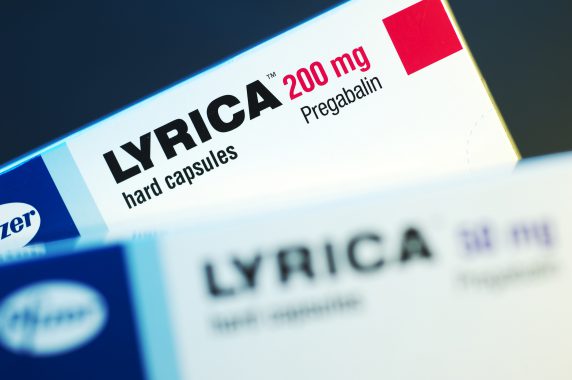Pregabalin and gabapentin set to become controlled drugs

Gabapentinoids are set to become controlled drugs, after a spike in the number of related deaths and series of studies warning about the adverse effects of the medication.
Home Office minister Sarah Newton told Pulse that the Government had accepted recommendations from advisers to make them a class C drug, subject to a consultation.
It comes after official figures revealed there were 111 deaths related to pregabalin in 2016 and 59 related to gabapentin, compared with four and eight respectively in 2012.
The Advisory Council on the Misuse of Drugs (ACMD) wrote to the Home Office in January 2016 calling for the drugs to be controlled, warning that ‘pregabalin and gabapentin present a risk of addiction and a potential for illegal diversion and medicinal misuse’.
A series of studies in recent months have recommended that GPs refrain from prescribing the medication.
An Addiction paper in May this year, from University of Bristol researchers, suggested GPs consider alternatives to pregabalin and gabapentin after finding the recent substantial increase in prescriptions to be closely correlated with a rise in the number of deaths associated with gabapentinoids in England and Wales, with a 5% increase in deaths per 100,000 increase in prescriptions.
A Cochrane Review from June this year concluded that gabapentin ‘can provide good levels of pain relief to some people with postherpetic neuralgia and peripheral diabetic neuropathy’, but added: ‘Evidence for other types of neuropathic pain is very limited… Over half of those treated with gabapentin will not have worthwhile pain relief but may experience adverse events.’
They followed a study by researchers from the University of Kentucky in the US, published in Addiction last year, that found that misuse of gabapentin was at a staggering ‘40-65% among individuals with prescriptions’.
The drugs are often mixed with opioids by abusers, but addiction experts have said there is evidence patients can become dependent on gabapentinoids on their own.
GPC clinical and prescribing policy lead Dr Andrew Green says: ‘It has become increasingly clear over recent years that these drugs have a significant potential for dependence… We would support this change in legislation, which brings these drugs into line with others with similar problems.’
Dr Steve Brinksman, clinical director of the drug and alcohol treatment professionals group SMMP and a part-time GP in Birmingham, said that the drugs particularly have a lot of adverse interactions with opioids, which they are often prescribed alongside when used for pain, especially an ‘increased risk of depression of the central nervous system’.
He added: ‘They have psychotropic effects, which means patients are likely to continue taking them even if they are not proving effective. They probably do have a withdrawal effect – though that has not been proven conclusively yet.’
The Government’s latest announcement follows a long-running row over the use of a ‘second patent’ by Pfizer, the makers of Lyrica – the patented version of pregabalin.
GPs were told by NHS England to prescribe Lyrica, and not pregabalin, when prescribing for neuropathic pain. However, a High Court overturned the decision.
Portfolio careers
What is the right portfolio career for you?

Visit Pulse Reference for details on 140 symptoms, including easily searchable symptoms and categories, offering you a free platform to check symptoms and receive potential diagnoses during consultations.












